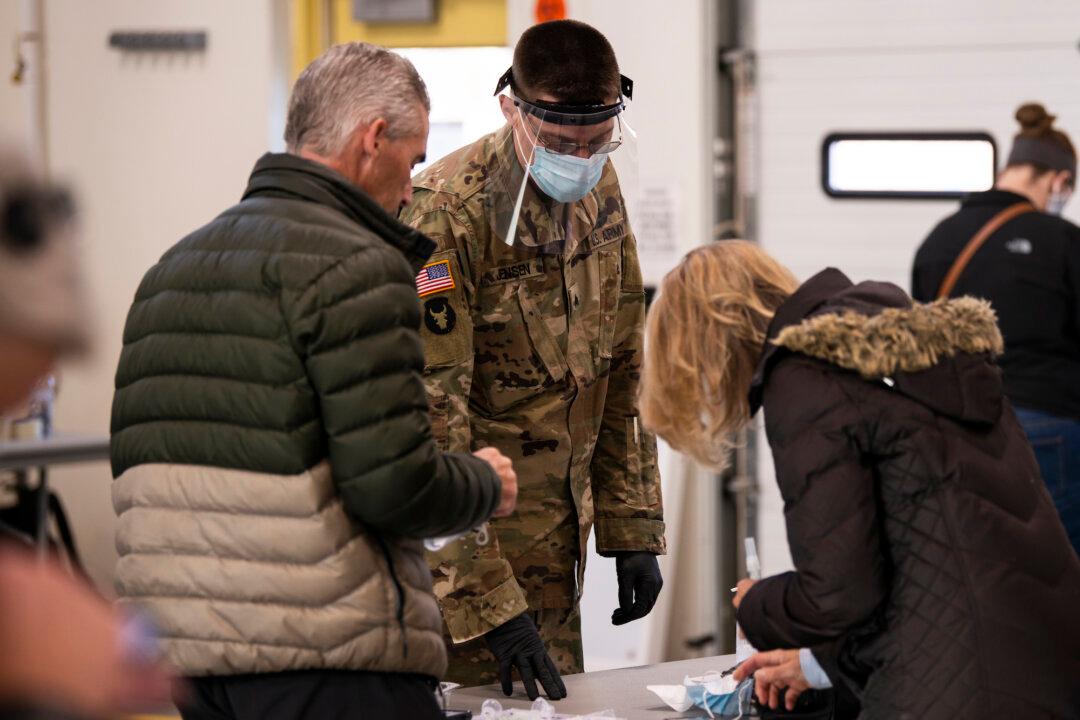The recovery from the COVID-19 pandemic will take longer in Minnesota for some businesses than others, and a state lawmaker thinks that business owners should be compensated for their losses from state-mandated lockdowns.
“If [state officials] are going to force you to close, they ought to have to cover the revenue you are losing,” Rep. Shane Mekeland, a Republican, told The Epoch Times.





